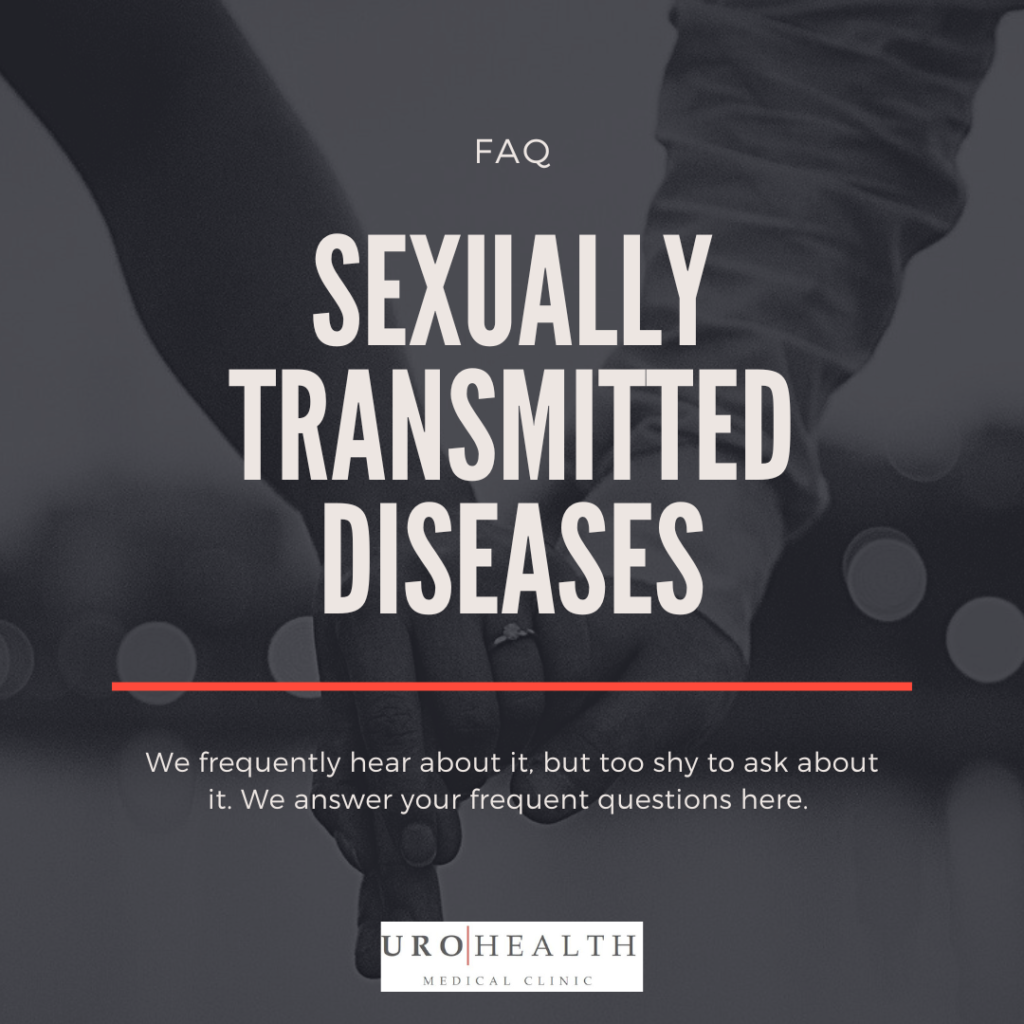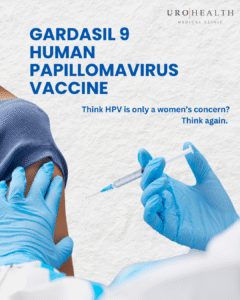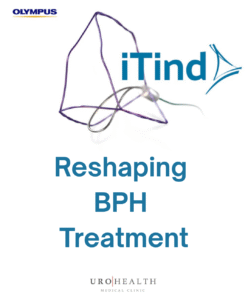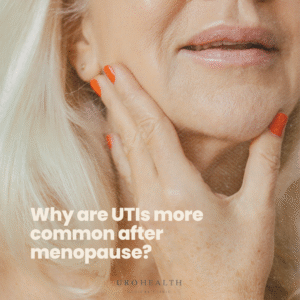Sexually Transmitted Diseases (STDs) is something we commonly hear about, but do we really know much about it? Dr Tan Yung Khan and Dr Tricia Kuo answer your burning questions about this.
1) What are STDs?
STDs stand for Sexually Transmitted Diseases. Also known as Sexually Transmitted Infections (STIs). They can be caused by bacteria, viruses, parasites and fungi that are commonly spread through sexual contact. Common organisms include gonorrhea, chlamydia, syphilis, genital herpes, Human Papillomavirus (HPV) and Human Immunodeficiency Virus (HIV).
2) Wearing protection protects us against STDs 100%, true or false?
False. Condoms can give excellent protection against a majority of STDs when used properly. They do not cover all the genital skin so if open sores are exposed, viruses can still be transmitted. Protection level is about 85%.
3) If I am diagnosed with an STD, does it mean my partner cheated on me?
Not necessarily. While an STD can be a sign of infidelity, it is not always the case. STDs can be transmitted in various ways including past partners who may not have been aware they were infected. It is important to have an open and honest conversation with your partner about your concerns, and consider seeking medical advice for more information on how the STD may have been contracted. If needed, counseling or therapy can also be helpful for navigating these discussions and addressing any emotional aspect.
4) Is there a cure for STD?
It depends on the type of STD contracted. Some STDs are curable, while others are manageable but not curable. Curable STDs can be treated with antibiotics or antiviral medications. Examples include chlamydia and gonorrhea. Manageable STDs include Herpes and HIV/AIDS. If you suspect you may have an STD, it is important to follow up with a healthcare provider for professional advice and management.
5) Will I always have symptoms if I have an STD?
No, unfortunately many people with STDs have no symptoms. All STDs will not cause symptoms during the incubation period. About 50% of men and 75% of women with chlamydia have no symptoms. This means that they may unknowingly infect their partners. The only way to be absolutely sure is to undergo testing for STDs.
6) How to reduce the risk of getting an STD?
The best way to avoid contracting an STD is to abstain from sexual activity, including oral intercourse. If that is not possible, one should practise safe sex by using condoms during all sexual activities. Unprotected sex should only be with one single exclusive single partner with whom you are certain to be free from STDs. Again, the only way that one can be sure is through medical testing.
HPVs, Hepatitis A and B vaccines can reduce the risk of contracting certain strains of HPVs, Hepatitis A and B respectively. Male circumcision can also help to decrease the risk of males contracting certain STDs.











